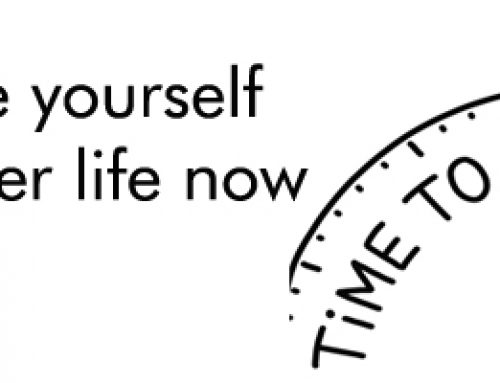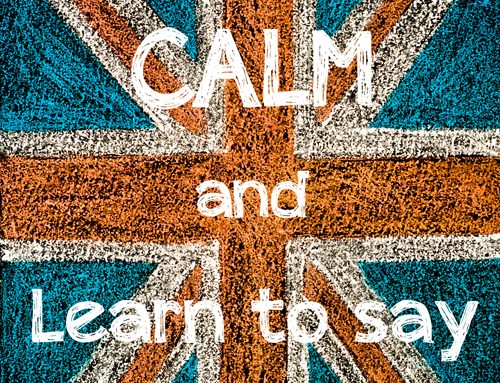Know the Specific Outcome You Want When Communicating with People
How often have you gone into a meeting or had a conversation with someone and come out of it scratching your head, thinking, “How did that outcome happen?”
Well, with the information I’m going to share with you in this post you need never encounter that troubling experience again!
Because I’m going to show you how to move from problem thinking to outcome focus.
Prior to a conversation, especially a difficult or important one, most people find themselves thinking ahead to what problems they might encounter.
What happens in your mind when you think like that?
The unconscious mind uses these thoughts, pictures, and internal dialogue as instructions to navigate the world.
The more you think about what you don’t want, the more you speak about what you don’t want, the more likely you are to get just that.
So, to be able to communicate effectively, focus on what you do want.
Ask yourself 2 sets of questions:
1) a) What do I want to be the outcome?
b) How will I know when I get the outcome I want?
2) a) What will I see when I get my outcome?
b) What will I hear (inside and from others)?
c) What will I feel when I get the outcome I want?
Then take this vision with you as you participate in meetings or one-on-one interactions.
With this information in hand you will never come out of a meeting scratching your head again!
Remember: before going into any communication situation ask yourself:
Is my desired outcome stated in the positive?
Have I fully imagined it using my senses?
You’ll get much better communication outcomes when you do!
For more information on how learning NLP can dramatically improve your life, professional pursuits, and relationships, read our groundbreaking FREE ebook, “A Resourceful Life: How NLP Can Improve Your Seven Life Streams“.
Roger Terry
Latest posts by Roger Terry (see all)
- Communication Skills for the Classroom - March 18, 2022
- Stop being your own worst enemy! - November 28, 2018
- Upgrade yourself for greater self understanding - November 3, 2018
- Upgrade yourself for a better life – download - October 26, 2018



